Topic: Kenya
39 results
Dec 10, 2019
VIDEO: We Open Our Hearts for Them
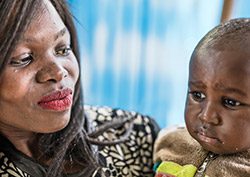
Mar 27, 2019
With a Safe Space, Women Bond and Save
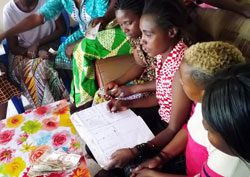
Dec 14, 2018
HIAS Active in 16 Days Campaign to End Gender-Based Violence
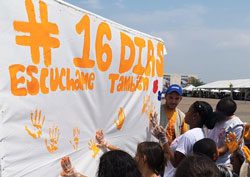
Dec 20, 2016
16 Days of Activism: Standing Up to Violence Against Women
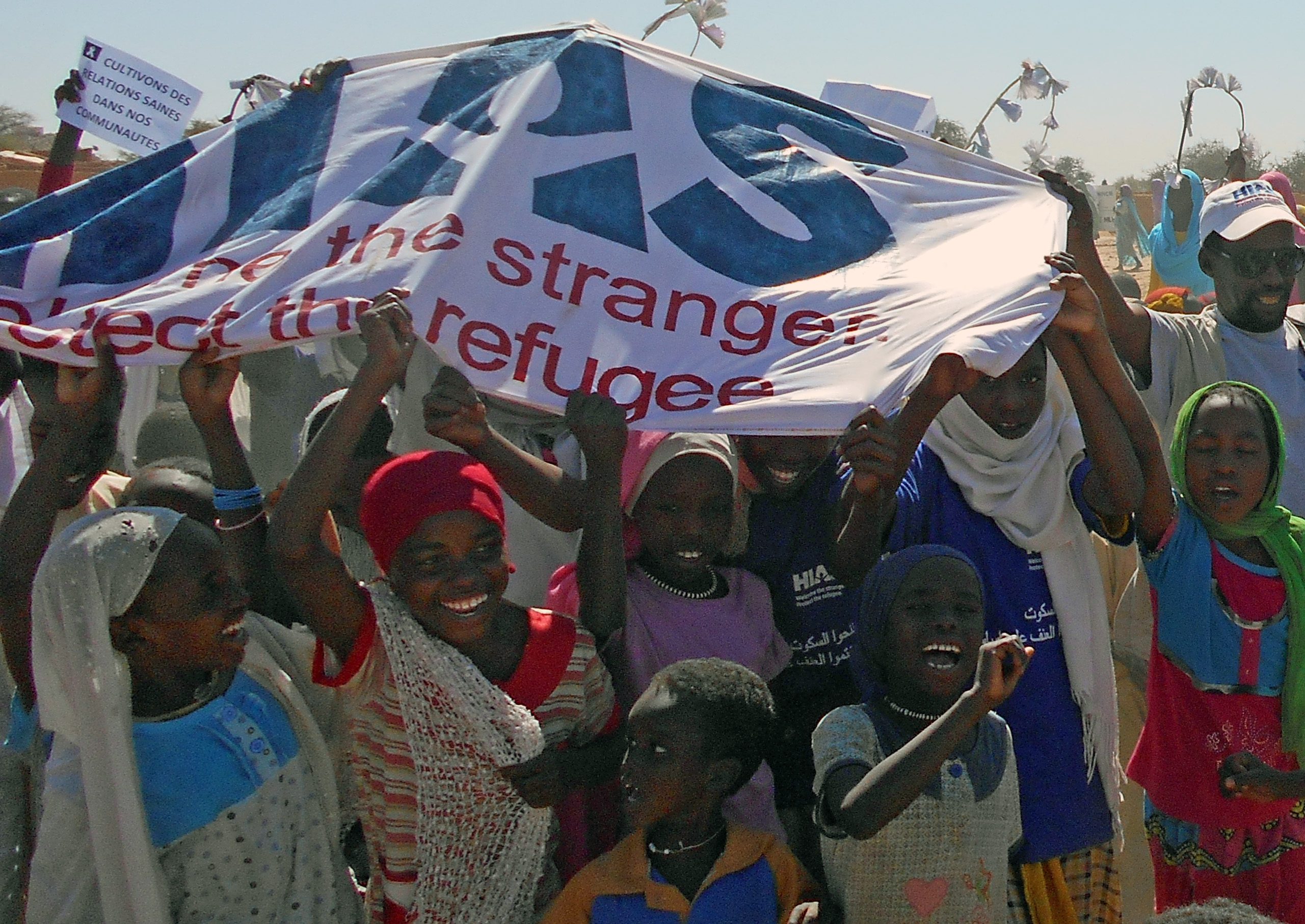
Oct 13, 2016
Joseline’s Journey To Safety
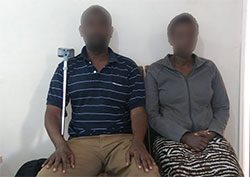
Sep 29, 2016
Torture is Illegal, But Not Gone. Here’s What HIAS is Doing About It.
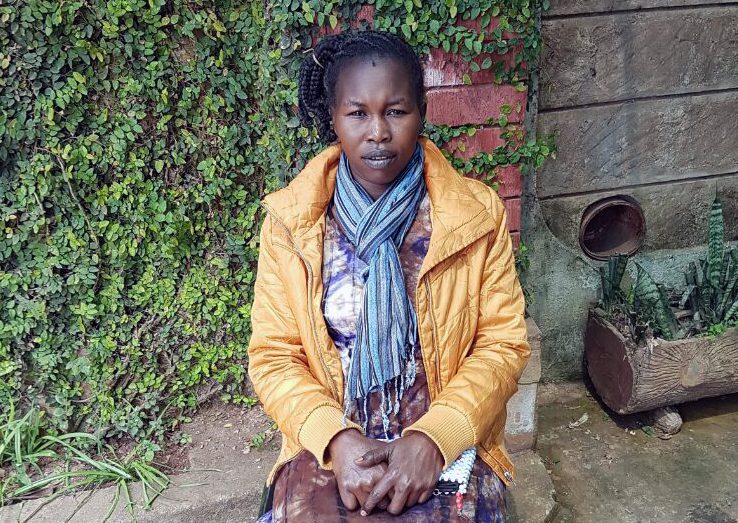
Sep 12, 2016
The Coolest Handbags We’ve Ever Seen Were Made by This LGBT Refugee
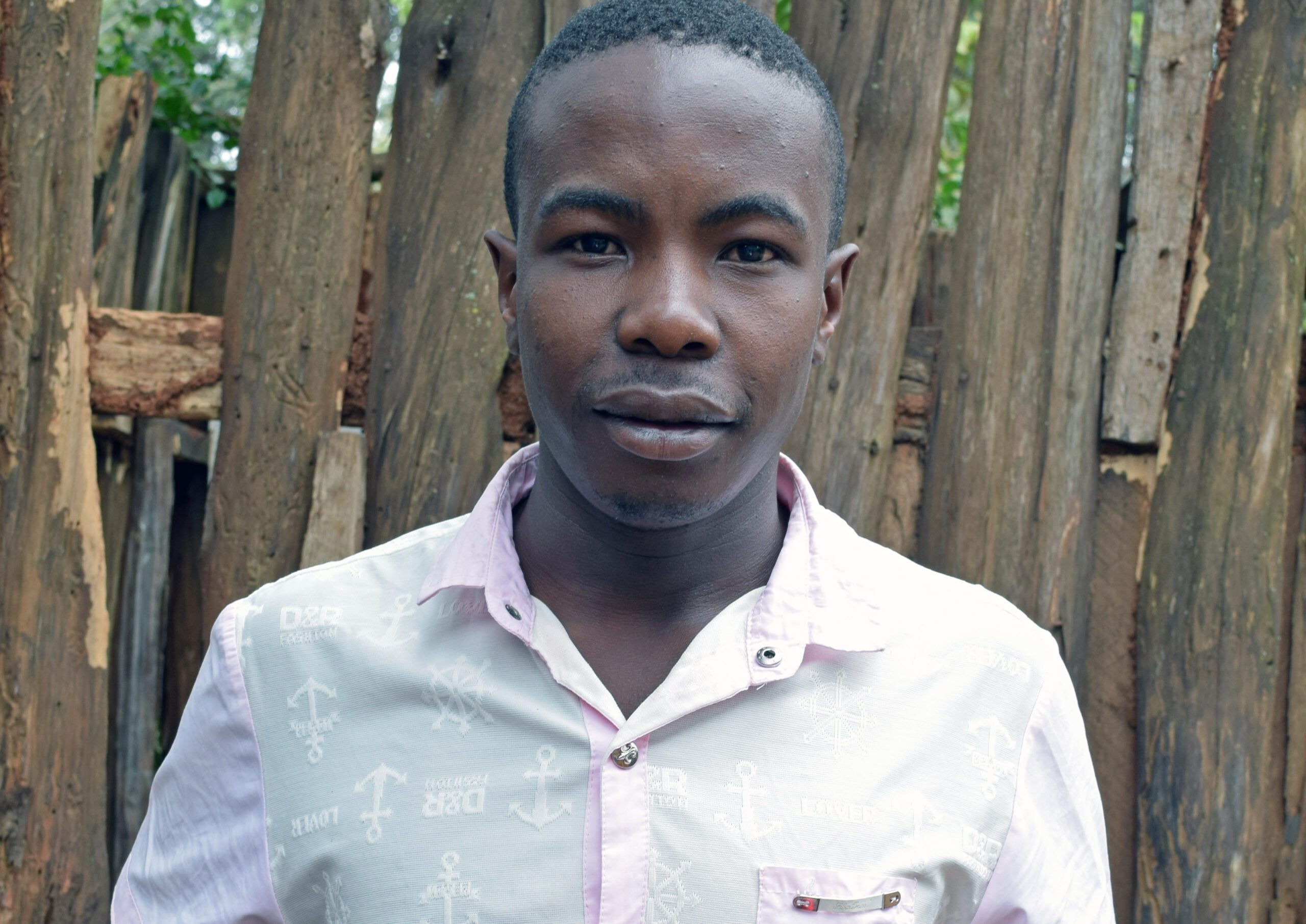
Jun 23, 2016
Photos: See How Refugees Around the World Celebrate World Refugee Day
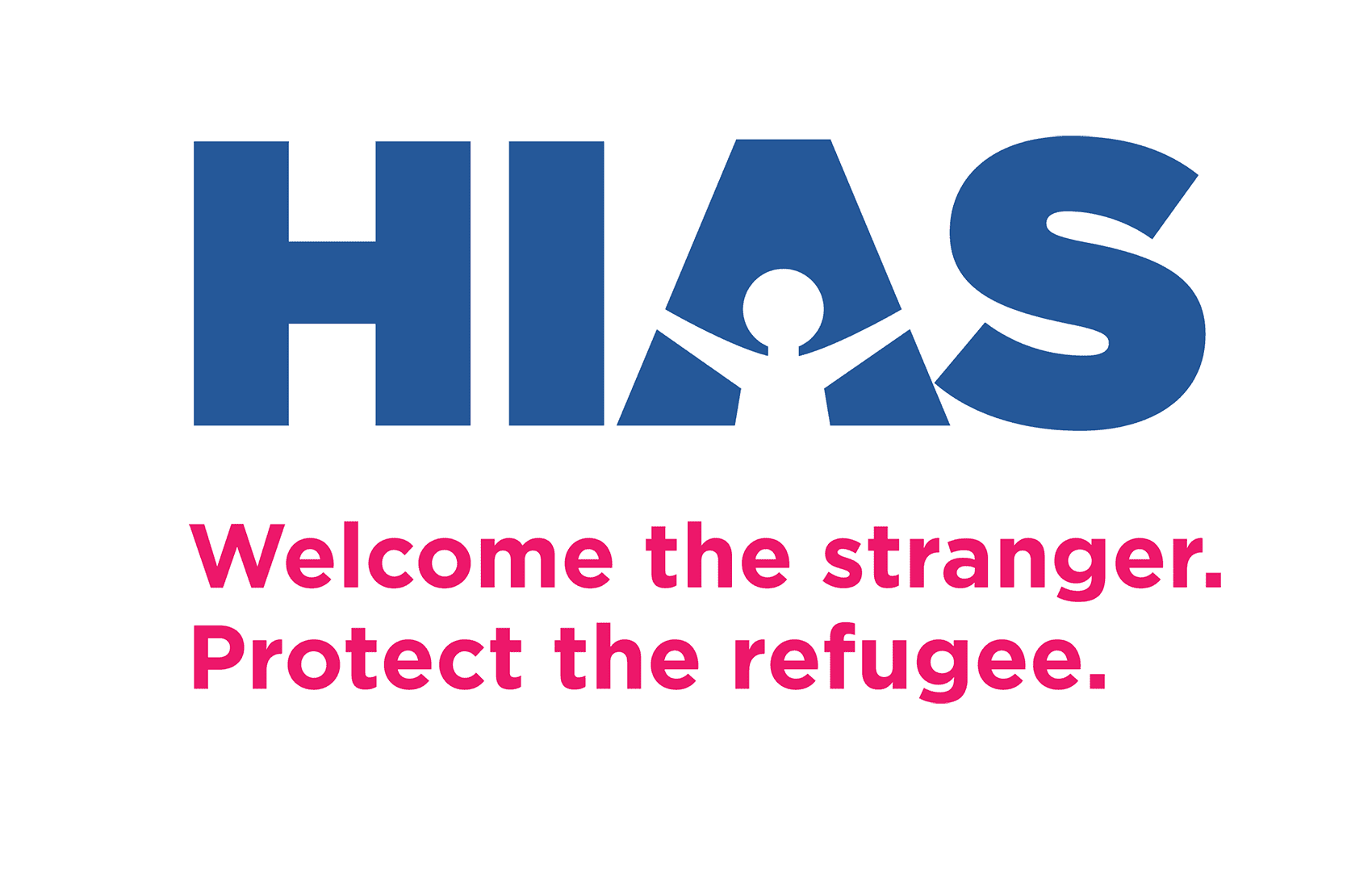
May 12, 2016
Will Kenya Shutter the World’s Largest Refugee Camp and Displace Thousands?
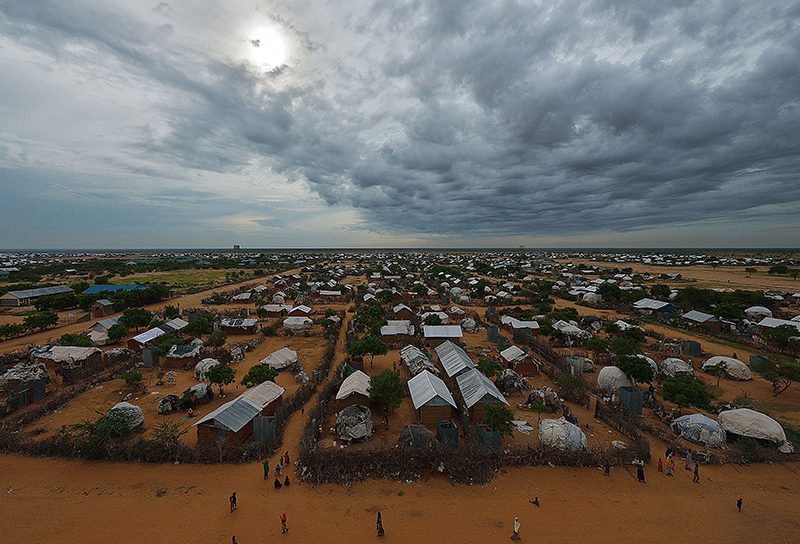
Mar 21, 2016
Innovative Partnership Lets Refugees in Kenya Make Their Own Food Choices

